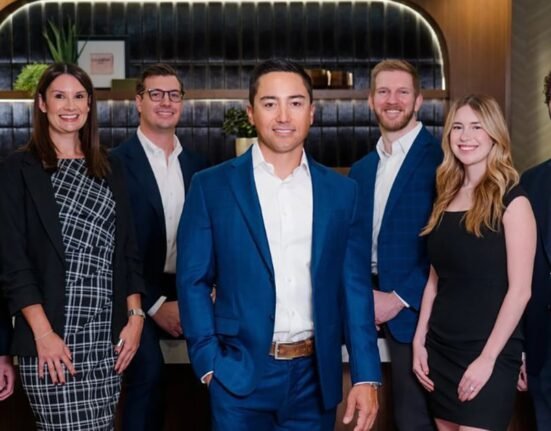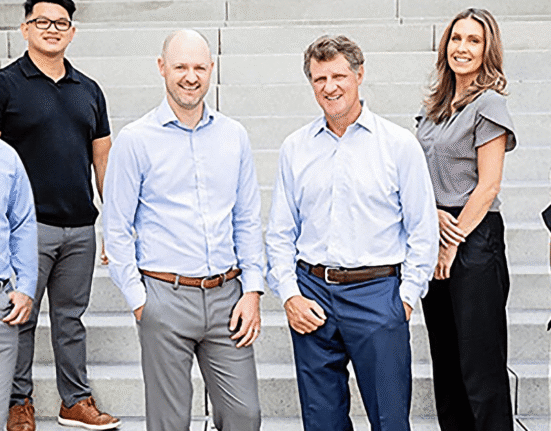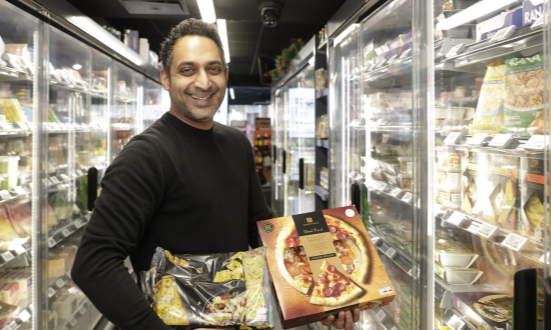Amid a regional conflict that continues to spread, Saudi Arabia is hosting its eighth annual Future Investment Summit. The summit has drawn in politicians, tech leaders, chief executives from major financial institutions, AI experts and entrepreneurs.
Attendees include Goldman Sachs Group CEO David Solomon, Citigroup CEO Jane Fraser and BlackRock CEO Larry Fink.
Tech leaders such as Alphabet President Ruth Porat and TikTok CEO Shou Crew will speak at the summit for the first time.
While businesses hope to take a slice of the kingdom’s nearly trillion-dollar sovereign wealth fund, there is a sense that Saudi Arabia has started to realize the limits of its liquidity. Lower oil prices and production have decreased revenue and the government is projecting to run a deficit until 2027. They have also delayed some major projects.
An anonymous regional investor told CNBC, that the kingdom is not in the position it was in as close to two years ago and while investments will continue, they are “more disciplined” and “more rational.”
Omar Yacoub, a partner at investment firm ABS Global, told CNBC that “without question, it’s gotten way more competitive to attract money from the kingdom.” This comes from a variety of factors “such as Saudis always having a ‘home bias’ towards investing, plus the broader dynamic of a tighter budget throughout the kingdom due to lower oil prices.”
There is a more direct focus on domestic growth, rather than having the kingdom’s oil wealth be deployed for overseas investments. The government has introduced policies to help capital stay within its borders. They updated their Investment Law, set themselves a target of $100b annual FDI inflows by 2030, and introduced the headquarters law.
The headquarters law, which went into effect January 1st 2024, requires foreign firms doing business in the country to base their Middle Eastern headquarters in Riyadh if they want to be eligible for government contracts.
Fadi Arbid, a partner and executive of Amwal Capital Partners, told CNBC, “It’s no longer about ‘take our money and leave.’”
While Saudi Arabia’s bid to attract FDI moves forward, regional conflict rages on.
According to Copley Fund Research, the number of emerging markets funds with exposure to Saudi Arabia had been rising but stalled at about 56% as hostilities between Israel and Iran grew.
Aziz Alghashian, the Observer Research Foundation Middle East’s research director, told CNBC that “attracting FDI and tourism, while maintaining oil prices at a desired level, is key for keeping Saudi Arabia’s mega projects and diversification plans on track.”







